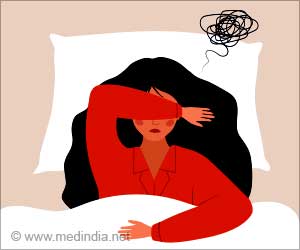Researchers have revealed many genes affected by the male and female sex hormones testosterone and oestrogen that, in turn, manage fairly a few particular types of male and female behaviours in mice.

A team of scientists at the University of California, San Francisco (UCSF) selectively turned many of these genes off one by one and found they could manipulate individual behaviours in the mice, like their sex drive, desire to pick fights, or willingness to spend extra time caring for their young.
"It's as if you can deconstruct a social behavior into genetic components," said Nirao Shah, MD, PhD, an associate professor in the Department of Anatomy at UCSF who led the research.
"Each gene regulates a few components of a behavior without affecting other aspects of male and female behavior.
In addition to illuminating the role of genes in male and female behaviour, Shah said, the results also have greater implications: If male and female behaviours can be broken down into individual component parts, what other complex behaviours could similarly be deconstructed?
Identifying how genetic differences in our brains account for the differences in our behaviour may also be a starting point for understanding how to better address human mental illness and neurodegenerative conditions in which such gender differences exist.
Advertisement
"Some of the genes we have identified in our study have indeed been implicated in various human disorders that are found in sex-skewed ratios," said Shah.
Advertisement
The study has been recently published in the journal Cell.
Source-ANI









